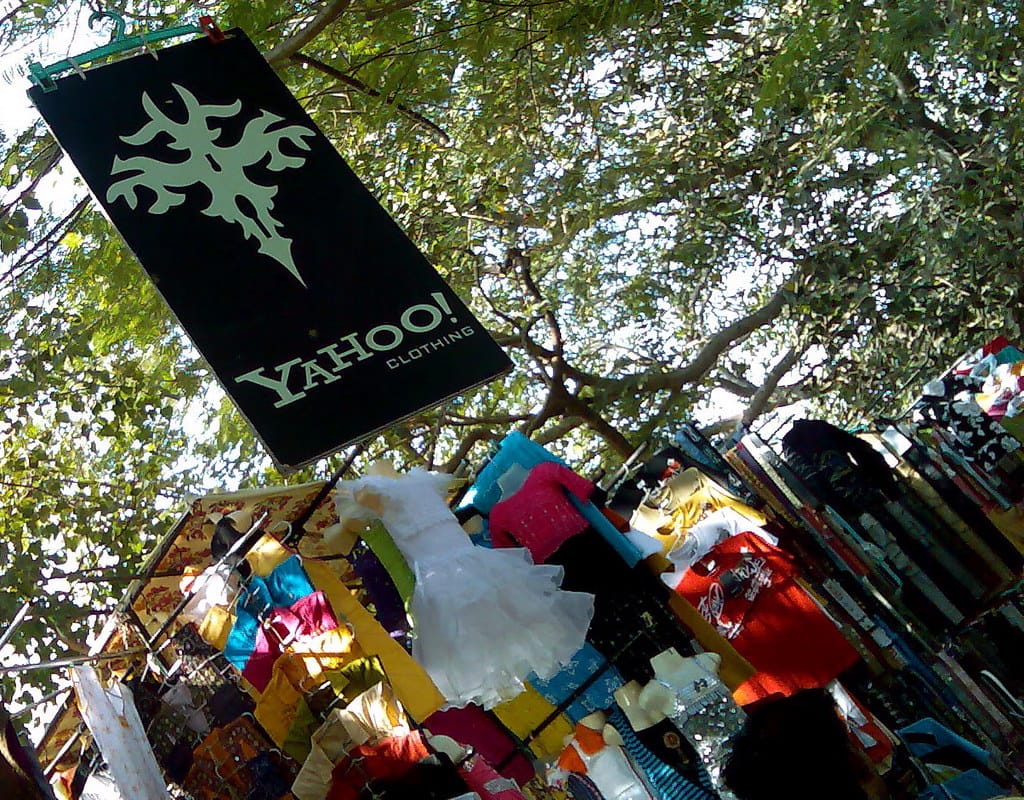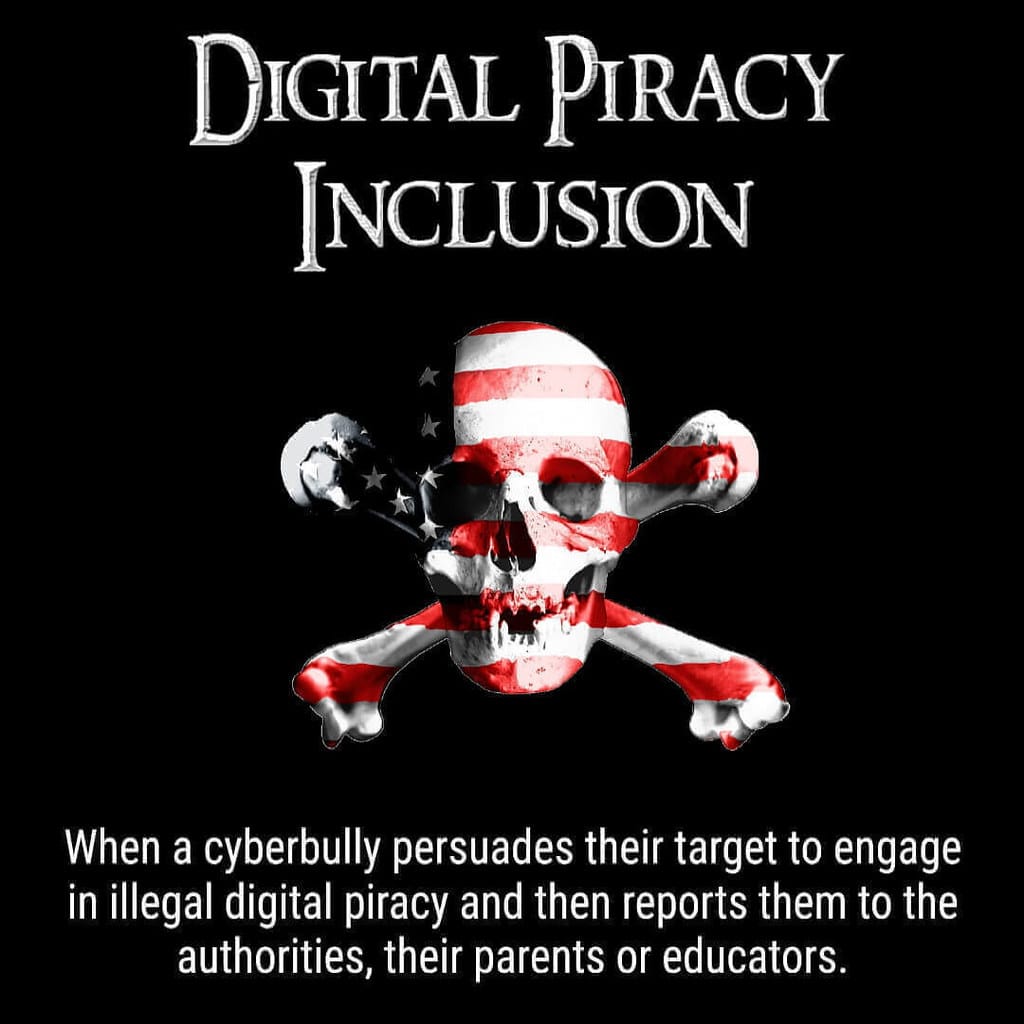NYT Scores Major Victory: Court Orders OpenAI to Preserve ChatGPT Training Data in Copyright Battle
The New York Times has won a significant legal victory against OpenAI, with a federal court ordering the AI company to preserve and potentially provide access to deleted ChatGPT conversation logs and training data. This landmark ruling could reshape how AI companies handle data transparency and copyright compliance in their large language models.
The Court's Groundbreaking Decision
In a ruling that sent shockwaves through the AI industry, Judge Sarah Chen of the Southern District of New York granted The New York Times' motion to compel discovery, requiring OpenAI to maintain comprehensive records of ChatGPT's training processes and user interactions. The decision comes as part of the Times' broader copyright infringement lawsuit against OpenAI, filed in December 2023.
The court's order specifically mandates that OpenAI:
- Preserve all conversation logs from ChatGPT interactions involving Times content
- Maintain records of training data sources and methodologies
- Provide detailed documentation of how copyrighted material was processed
- Allow forensic examination of their data retention and deletion practices
"This ruling represents a watershed moment in AI accountability," said Rebecca Martinez, a technology law expert at Stanford University. "For the first time, we're seeing courts demand real transparency from AI companies about their data practices."
What This Means for OpenAI's Black Box
OpenAI has long maintained that its training processes are proprietary trade secrets, arguing that revealing detailed information about ChatGPT's training data would compromise their competitive advantage. The company previously claimed that conversation logs were routinely deleted for privacy reasons and that recreating training datasets would be technically impossible.
However, the Times' legal team presented compelling evidence suggesting that OpenAI retains far more data than publicly disclosed. Internal communications revealed during preliminary discovery showed that the company maintains sophisticated logging systems capable of tracking individual pieces of training content and their usage patterns.
The court found OpenAI's claims about data deletion "inconsistent with the technical capabilities described in their own internal documents," noting that the company's advanced AI systems would naturally require comprehensive data tracking for quality control and improvement purposes.
Industry-Wide Implications
This ruling extends far beyond the Times-OpenAI dispute, potentially setting precedent for how AI companies must handle data transparency requests. Other major publishers, including The Washington Post, The Guardian, and Condé Nast, are closely monitoring the case as they prepare their own legal challenges against AI companies.
The decision could force AI companies to fundamentally restructure their data management practices. Legal experts predict that firms may need to implement more robust data provenance tracking and maintain detailed records of copyrighted material usage—requirements that could significantly increase operational costs.
"Every AI company is now scrambling to review their data retention policies," noted David Kim, a partner at technology law firm Fenwick & West. "The era of 'we can't remember what we trained on' is officially over."
The Broader Copyright Battle
The NYT lawsuit represents one of the most significant copyright challenges facing the AI industry. The Times alleges that OpenAI and Microsoft used millions of Times articles to train ChatGPT without permission, creating a system that can reproduce Times content and potentially compete with the newspaper's subscription model.
OpenAI has argued that its use of publicly available content falls under fair use protections, claiming that ChatGPT transforms the material rather than simply reproducing it. However, the Times has presented examples of ChatGPT generating near-verbatim copies of Times articles, including headlines, bylines, and full paragraphs.
The case has attracted attention from content creators across industries, with many viewing it as a test case for how copyright law applies to AI training data. The outcome could determine whether AI companies must secure licensing agreements for training materials or face significant legal liability.
What Comes Next
With the court's preservation order in place, The New York Times now gains unprecedented access to examine how OpenAI's systems actually work. This discovery process is expected to reveal crucial details about ChatGPT's training methodology and the extent to which copyrighted material influenced its outputs.
The case is scheduled for trial in late 2024, with the discovery phase expected to conclude by mid-2024. Legal observers anticipate that the evidence uncovered during this process could influence similar cases across the industry.
For content creators and publishers, this victory represents a crucial step toward establishing clearer boundaries around AI training data. As artificial intelligence continues to reshape information consumption, the outcome of this case may determine whether creators can maintain control over their intellectual property in the age of AI.
The implications extend beyond legal precedent—they touch on fundamental questions about innovation, creativity, and fair compensation in the digital age.

